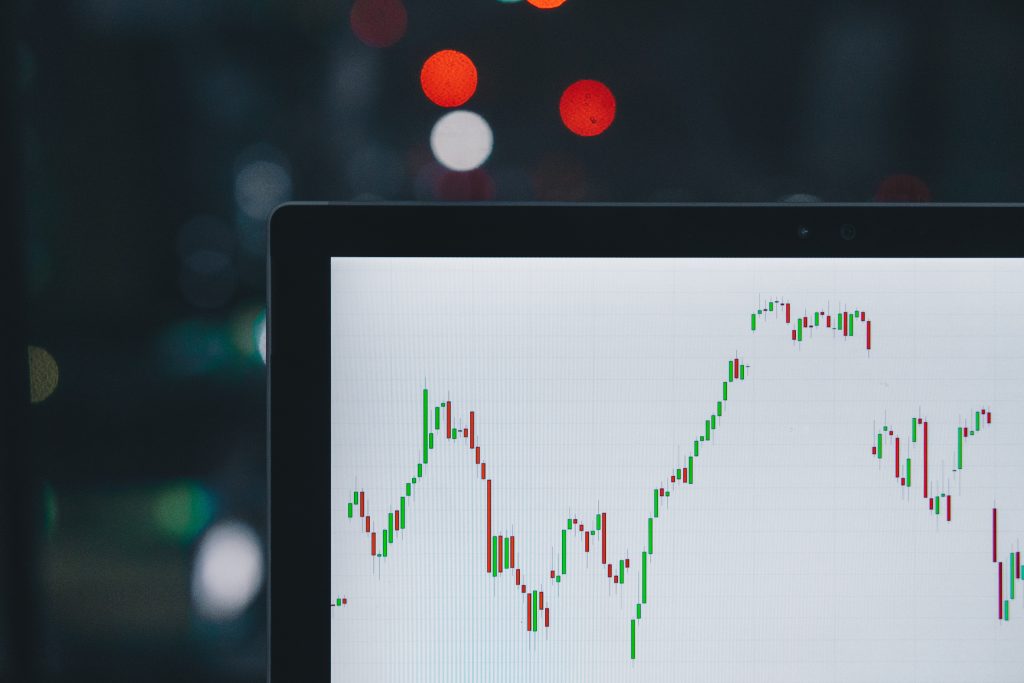Forex trading can be a rewarding endeavor even if you are operating on a tight budget. Trading with a small account requires a strategic approach to maximize your potential for profit while managing risk effectively. Here are some key strategies to make the most of your limited resources in the world of forex trading.
Risk Management: One of the most crucial aspects of trading with a small account is effective risk management. Never risk more than 1-2% of your account balance on a single trade. This approach ensures that you can sustain a series of losses without wiping out your account. Use stop-loss orders to limit potential losses and adhere to your risk tolerance.
Leverage: While leverage can amplify profits, it can also magnify losses. With a small account, consider using lower leverage to minimize risk. Higher leverage may be enticing, but it is essential to remember that it can lead to significant losses if not used carefully.
Start with a Demo Account: Before risking real money, practice your strategies on a demo account. This allows you to get familiar with the trading platform, refine your trading plan, and gain confidence without the risk of losing your capital.

Focus on a Few Currency Pairs: As a trader with a limited budget, it is advisable to concentrate on a few currency pairs. Becoming an expert in a select few pairs allows you to track their movements more effectively and make informed decisions.
Set Realistic Goals: Be realistic about your profit expectations. Small accounts may not generate substantial profits quickly. Setting achievable goals and gradually increasing your trading size as your account grows can be a more sustainable approach.
Diversify Wisely: Diversification can help spread risk, but it is essential to do it thoughtfully. Avoid over-trading or overextending yourself. Diversify among different currency pairs, but do not spread your capital too thin.
Stay Informed: Stay updated on economic events and news that can impact the forex market. Being informed can help you make more accurate predictions and respond to market changes promptly.
Use Technical and Fundamental Analysis: Combine both technical and fundamental analysis to make well-informed trading decisions. Technical analysis helps you identify entry and exit points, while fundamental analysis helps you understand the broader market context.
Keep a Trading Journal: Maintaining a forex signal provider telegram journal can help you track your progress, identify your strengths and weaknesses, and fine-tune your strategies over time.
Avoid Emotional Trading: Emotions can lead to impulsive decisions and losses. Stick to your trading plan and avoid making impulsive trades based on fear or greed.
Regularly Review and Adjust: Periodically review your trading performance and adjust your strategy as needed. Learn from your mistakes and build on your successes.
In conclusion, trading forex on a budget is entirely possible with the right strategies and discipline. While the potential for profit is there, it is essential to approach it with caution and patience. By managing risk, using leverage wisely, and continuously improving your skills, you can work towards growing your small account into a more substantial trading capital over time. Remember that trading forex is not a get-rich-quick scheme, and success comes with dedication, education, and practice.
